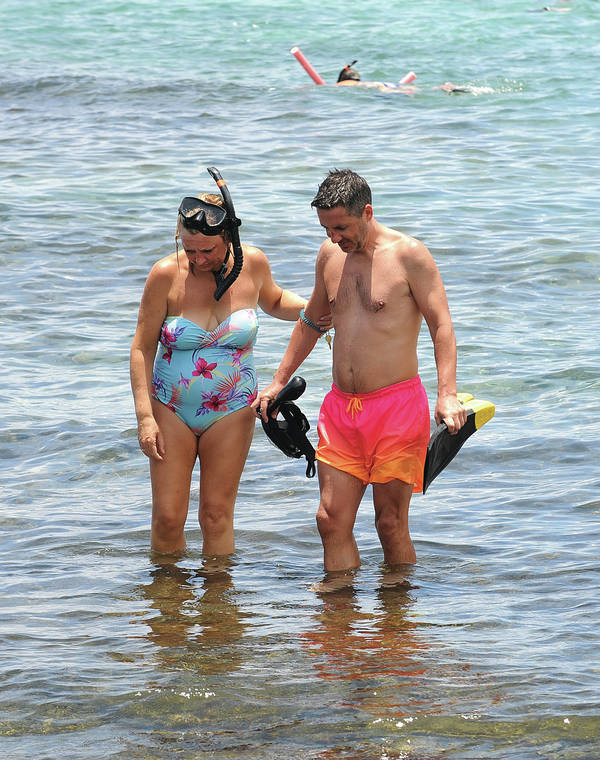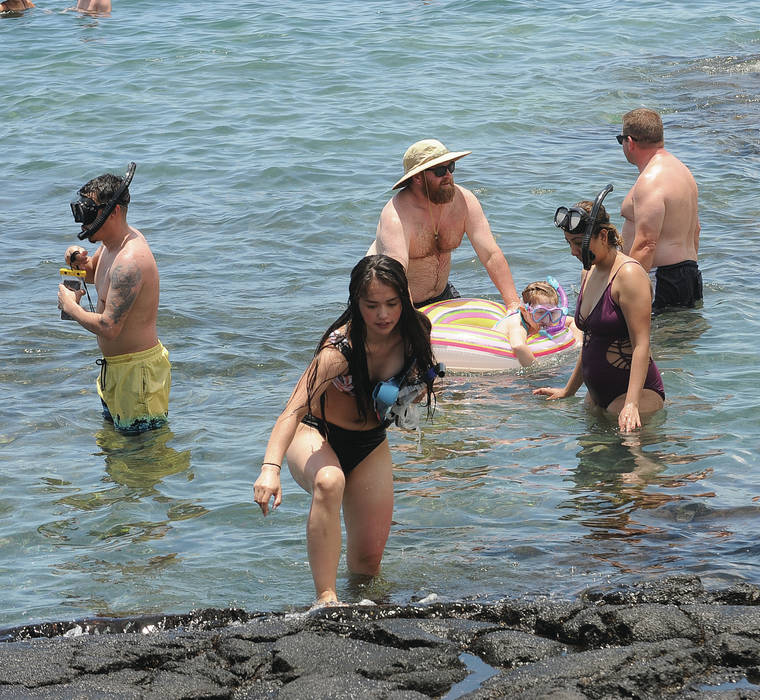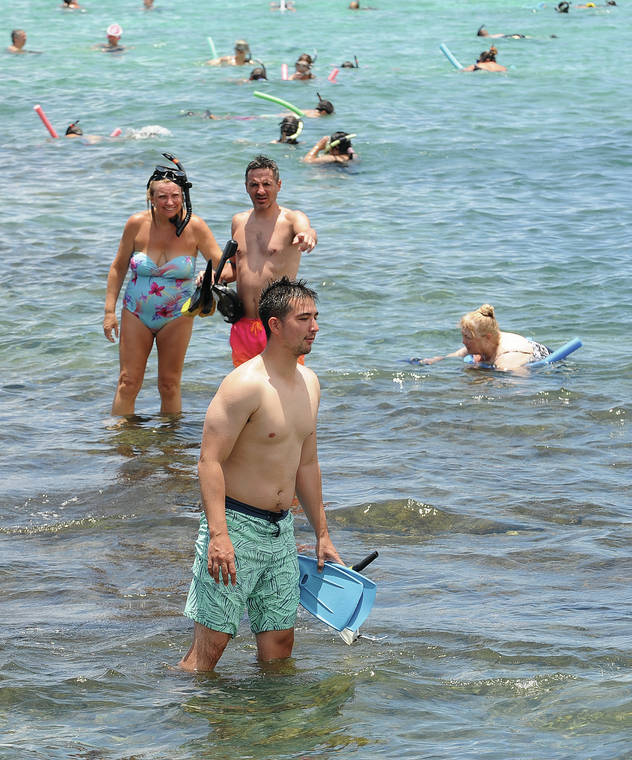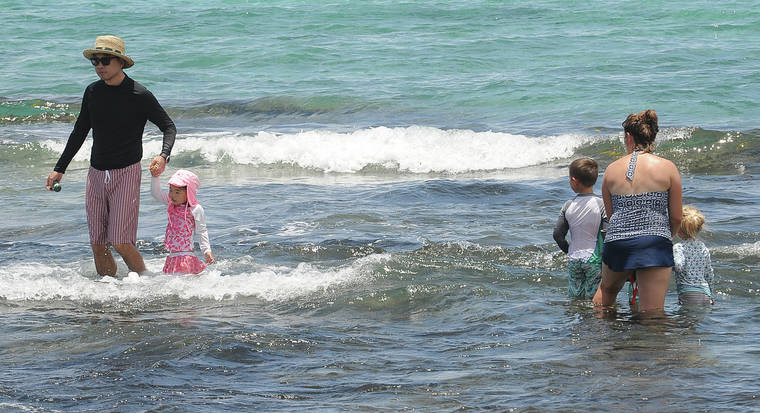Feds could face coral lawsuit
KAILUA-KONA — The Center for Biological Diversity on Wednesday announced plans to file suit after a federal agency missed a deadline to rule on whether to list cauliflower coral as a threatened or endangered species under federal law.
That’s unless the agency publishes its determination within 60 days, according to a letter from the conservation group’s attorneys and addressed to Commerce Secretary Wilbur Ross and an official for the National Marine Fisheries Service.
The lawsuit would accuse Ross and the National Marine Fisheries Service, an agency under the U.S. Department of Commerce, of violating the federal Endangered Species Act, which requires the Fisheries Service to act on petitions to list species as threatened or endangered within 12 months of their filing when it has determined protection might be warranted.
“The law is pretty clear within the statute that they have to make a decision within that 12-month period,” said Maxx Phillips, the Center for Biological Diversity’s regional director for Hawaii and staff attorney.
The Fisheries Service previously said in September that cauliflower coral “may warrant listing as a threatened species or an endangered species throughout its range” after the Center for Biological Diversity filed a petition last March to protect the species.
Cauliflower coral, once the state’s most abundant shallow water species, was nearly wiped out during a 2015 bleaching event. Not only are they threatened by warming oceans and acidification, they also face threats of land-based pollution, sedimentation, overfishing and damage from human activities.
In 2015, higher than usual ocean temperatures caused the first statewide coral bleaching event. During that event, West Hawaii reefs lost roughly 95% of their cauliflower coral.
Surveys from The Nature Conservancy earlier this year showed cauliflower corals were starting to recover, but researchers said much remains to be done in the region with more frequent and severe bleaching events anticipated in the future.
Just over a week ago, the county closed Kahaluu Bay for two days to accommodate a coral spawning event in the bay. That closure followed similar action taken last year.
In March 2018, the Center for Biological Diversity petitioned the National Marine Fisheries Service to list cauliflower coral as endangered or threatened under the federal Endangered Species Act.
Not only would the coral benefit from the agency’s designation of critical habitat for the coral, but the agency would also set up a recovery plan with specific, measurable criteria as well as management activities that would both protect the coral and encourage its recovery.
“For us here in Hawaii, the ocean is our icebox, our playground, it’s where we raise our families and spend most of our time,” Phillips said. “It’s a huge part of our culture whether we’re Hawaiian or not. And so making sure that we protect that, it’s a no-brainer to protect coral.”
Cauliflower coral wouldn’t be the first coral to get the protection of the law. The center said a 2006 petition led to the protection of elkhorn and staghorn corals.
If the agency determines listing of a species may be warranted, as it did for cauliflower coral in September, it’s required to make a finding within 12 months of receiving the petition.
“This is a hard deadline,” attorneys wrote, “the service has no discretion to delay its finding past 12 months.”
And on Wednesday, the Center for Biological Diversity said that with no published finding a year after the petition was filed, the agency is in violation of the law.
“The delay in ESA protection denies cauliflower coral conservation measures that will minimize these key threats,” attorneys wrote in their letter. “The ESA has a 99 percent success rate in preventing extinction for species under its care. Yet, time is of the essence in conserving endangered species, and the service must act immediately to propose threatened or endangered status for cauliflower coral.”
Attorneys asked the Fisheries Service to promptly publish its finding regarding cauliflower coral within 60 days, saying otherwise that they would file suit in federal court.
The National Marine Fisheries Service declined to comment.






